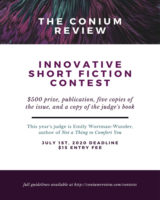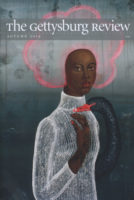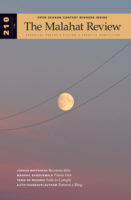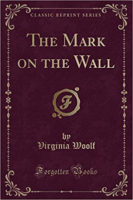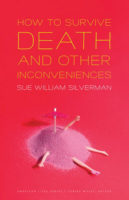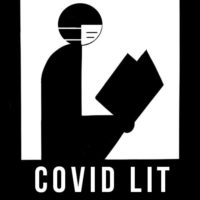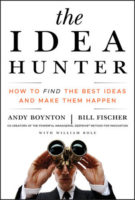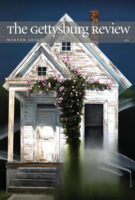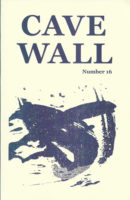 Guest Post by Kathryn Sadakierski
Guest Post by Kathryn Sadakierski
Little Women is a timeless classic and remains relevant during unprecedented days. On the surface, the endearing stories of Meg, Jo, Beth, and Amy March may seem to recount simpler times, but greater complexity underlies what appears to be sentimental. At its heart, Little Women is about family, growing stronger despite distance.
While their father serves as a chaplain in the Civil War, the March daughters, with the loving guidance of their mother, adapt, soldiering on together, each making their own destinies. They support each other through adversities, sharing in triumphs. When Beth falls ill, Amy stays with Aunt March, avoiding catching scarlet fever, but while distanced, she learns about herself, ultimately maturing. Their “castles in the air,” innermost dreams of places far-removed from their Concord home, sustain them, until the Marches realize that the lives they lead are better than anything they could have dreamed, finding beauty even in the bittersweet, as they come of age, surmounting the burdens they once lamented. It is not tangible walls that make up their home, but the love of their family.
Reading Little Women at home during the quarantine came not to be an escape from reality, so much as a telling reflection of it; the novel captures the ebbs and flows of life and time, which, as the Marches saw, are to be cherished. Being at home, away from their father and the promising reaches of the world they had yet to see was difficult for the spirited March girls, but in time, they turned what were once limits into opportunities, each contributing her own gift to the world, from Jo with her imaginative writing, to Beth with her music and compassionate heart. Challenges they overcame shaped them, becoming a source of empowerment. This message of resiliency continues to inspire.
Little Women by Louisa May Alcott. 1868.
Kathryn Sadakierski is a 20-year-old writer whose work has appeared in The Ekphrastic Review, Dime Show Review, Nine Muses Poetry, iō Literary Journal, and elsewhere.

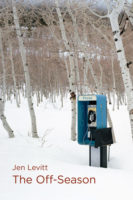

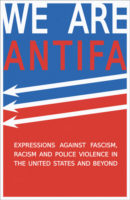

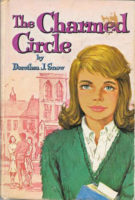
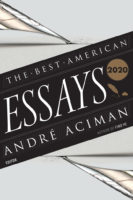
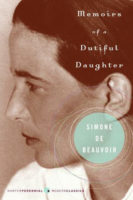

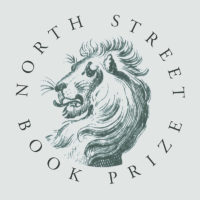
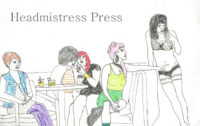
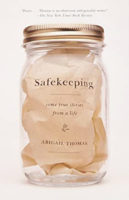
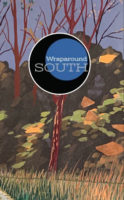
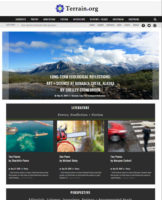
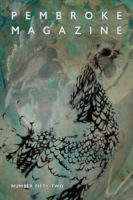
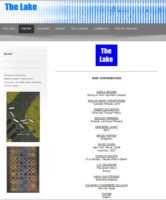
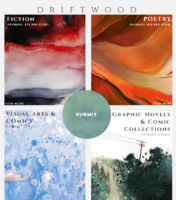
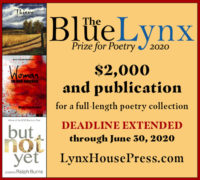
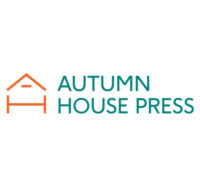
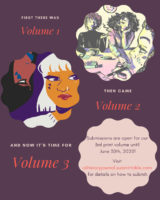
 Once again,
Once again, 